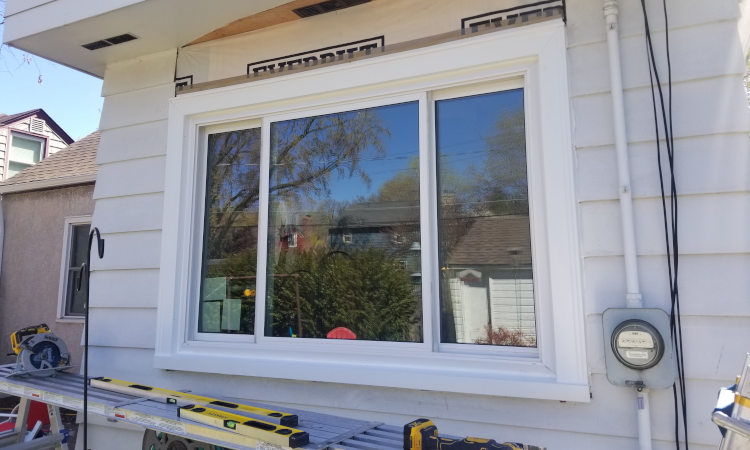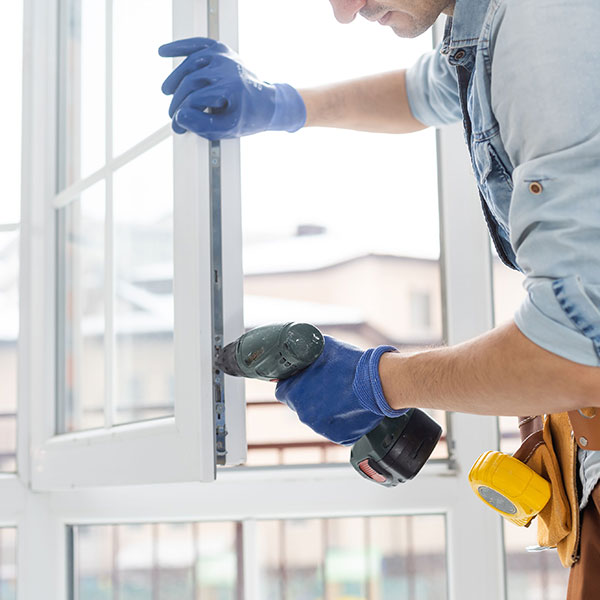Upgrade Your Home With Energy-Efficient Home Window Substitutes
In the world of home improvement, the decision to upgrade to energy-efficient window substitutes can dramatically influence both the functionality and aesthetic appeals of a home. Past the surface level of simple looks, energy-efficient home windows use a wide variety of advantages that go beyond simple visual appeal.
Benefits of Energy-Efficient Windows

The installation of energy-efficient home windows supplies considerable cost savings on utility costs while enhancing ecological sustainability. Furthermore, energy-efficient windows can assist manage wetness degrees within the home, decreasing the threat of mold and mildew development.
Beyond the economic benefits, energy-efficient windows add to ecological sustainability by lowering carbon discharges linked with power production. By lowering energy usage, these windows aid alleviate the ecological influence of cooling, illumination, and home heating property rooms. This decrease in power intake plays a critical role in combating climate modification and promoting a greener future for generations to find. On the whole, buying energy-efficient home windows not only improves the comfort and effectiveness of a home however also lines up with ecologically mindful methods.
Kinds of Energy-Efficient Glass
Numerous innovative types of energy-efficient glass offer unique properties that satisfy different demands and choices in boosting the sustainability and efficiency of buildings. Low-emissivity (Low-E) glass is a prominent choice created to decrease the amount of ultraviolet and infrared light that can travel through the glass, thereby decreasing warm transfer. This sort of glass assists keep a consistent indoor temperature, decreasing the need for heating or cooling down systems, and inevitably reducing power costs. One more cutting-edge choice is spectrally careful glass, which enables noticeable light to travel through while blocking certain kinds of infrared radiation. This helps in keeping a comfortable interior atmosphere while minimizing warm gain. Triple-pane glass, including 3 layers of glass with insulating gas in between them, offers boosted thermal insulation, making it highly energy-efficient. In addition, self-cleaning glass with a special coating that damages down and loosens up dust when exposed to sunshine can decrease upkeep needs and maintain home windows looking tidy. Each kind of energy-efficient glass uses distinct advantages, permitting property owners to pick the most appropriate option based upon their particular needs and goals.
Variables to Consider When Selecting
When contemplating energy-efficient window substitutes, it is necessary to very carefully assess certain aspects that align with your sustainability purposes and desired power savings. The U-factor procedures how well the home window shields, with reduced numbers indicating better insulation, while the SHGC shows the window's capacity to block warmth from sunlight. By carefully examining these factors, you can pick energy-efficient windows that boost comfort, minimize power costs, and profit the environment.
Installment and Upkeep Tips

Normal upkeep is crucial to protecting the efficiency of your energy-efficient windows. Examine the windows periodically for any signs of wear, damages, or sealer wear and tear. Clean the structures, tracks, and glass regularly making use of moderate soap and water to eliminate dirt and grime that can affect efficiency. Inspect the weather-stripping and seals for any type of gaps or tears and custom made double glazed windows replace them if needed to maintain the home windows' energy efficiency.
Furthermore, lubricate moving components such as locks and hinges to guarantee smooth operation. By adhering to these installment and upkeep tips, you can enhance the power performance of your home and extend the life expectancy of your energy-efficient home windows.
Cost-Benefit Evaluation of Upgrading

Energy-efficient home windows are designed to reduce warmth transfer, decreasing the demand for heating and cooling down systems to work overtime. This can lead to substantial savings on energy costs, specifically in regions with extreme temperatures. Furthermore, energy-efficient windows can improve the total worth of your home, making it more appealing to prospective purchasers if you choose to offer in the future.
When calculating the cost-benefit analysis, element in the prospective financial savings on energy expenses, any offered rewards or refunds, and the lifespan of the home windows. While the preliminary price may be higher, the long-lasting savings and advantages of energy-efficient windows make them a smart financial investment for house owners seeking to boost their building's energy efficiency and worth.

Conclusion
In conclusion, upgrading to energy-efficient home window substitutes supplies various advantages such as reduced energy usage, enhanced convenience, and price savings. By picking the ideal type of energy-efficient glass and thinking about variables like frame product and installment, homeowners can make best use of the efficiency of their windows.
When pondering Read Full Report energy-efficient home window replacements, it is crucial to carefully evaluate certain factors that line up with your sustainability objectives and preferred power savings. The U-factor procedures just how well the home window shields, with reduced numbers showing better insulation, while the SHGC indicates the home window's capacity to obstruct heat from sunlight. By meticulously examining these factors, you can select energy-efficient windows that improve convenience, lower power costs, and profit the environment.
While click this energy-efficient home windows may have a greater in advance price compared to typical windows, the long-lasting advantages usually outweigh the first investment.In conclusion, upgrading to energy-efficient home window replacements supplies various benefits such as reduced power consumption, raised convenience, and cost financial savings.